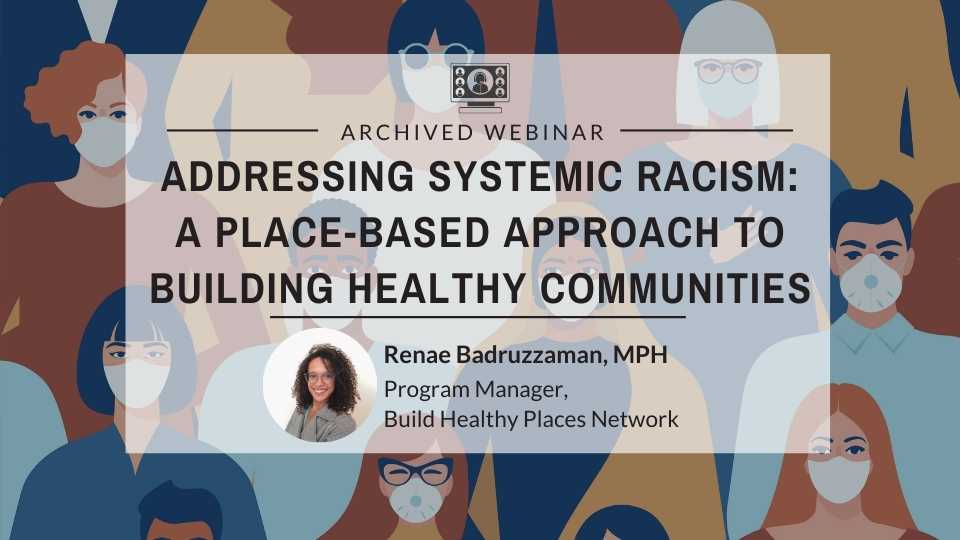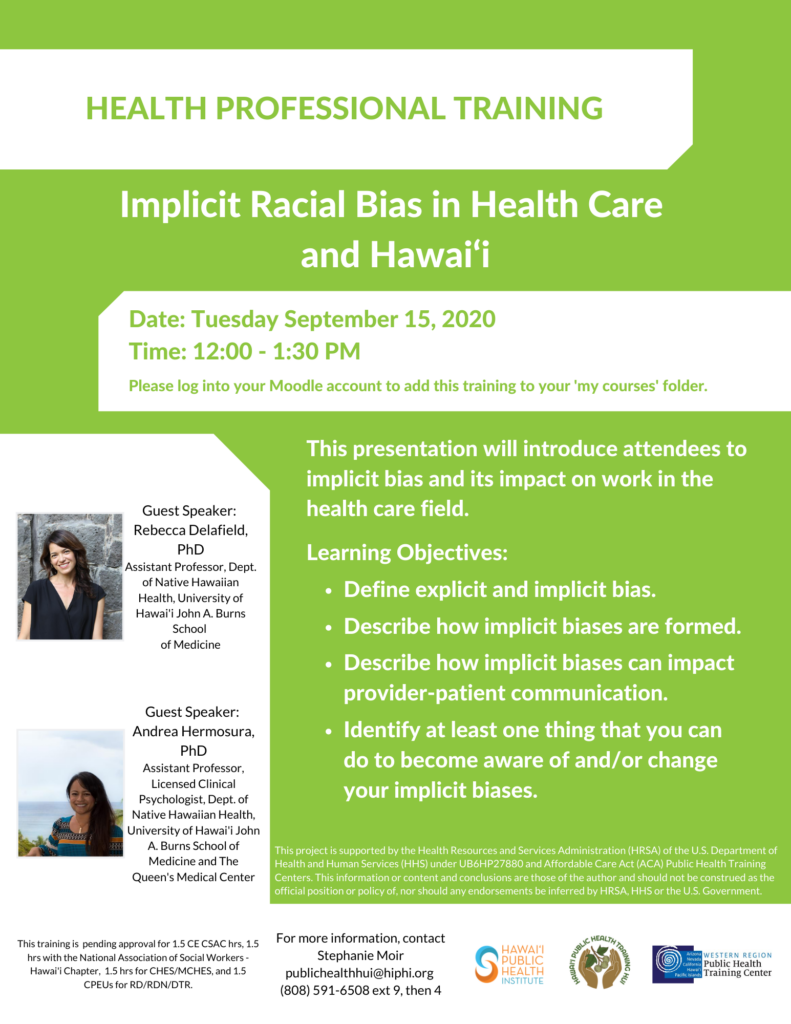Public health professionals have warned that the COVID-19 Pandemic and the accompanying financial strains of a recession will require an agile response. COVID-19 response and recovery are occurring simultaneously. This session will apply a racial equity lens to pandemic response and share a model from the San Francisco Bay Area focused on COVID-19 responses focused on the Social Determinants of Health. Some have referred to COVID-19 as the great equalizer because viruses don’t discriminate. But while viruses don’t discriminate, people and policies can and do. The cost of this outbreak has been disproportionately borne by communities of color. Black and brown workers make up the majority of essential personnel and are more likely to be locked into expensive, unstable housing thanks to exclusionary rental and lending practices. This has left a significant percentage of the country unable to shelter in place, forced to continue working and risking infection and transmission. Melissa Jones, Executive Director of the Bay Area Regional Health Inequities Initiative (BARHII), will discuss what rolling recovery means for these workers--and how policies and systems can create protection factors for their health.
Learning Objectives
- Examine the BARHII Regional Response and Rolling Recovery Plan, which combines public health equity infrastructure and policies to protect the social determinants of health
- Discuss the Bay Area model of regional response, which focuses on building momentum with early wins and targeted investment in communities with less infrastructure
- Identify strategies to be led by communities most impacted throughout the rolling pandemic
Duration: 18 minutes
Continuing Education Information: 0.5 CECH for CHES
Format: Web-based training, Self Study
Originally Recorded: 08/2020
Presenter: Melissa Jones, MPAMelissa Jones is the Executive Director of the Bay Area Regional Health Inequities Initiative (BARHII). She is passionate about creating conditions that increase the quality of life and makes life fairer for more people. Her work focuses on the intersection of social determinants of health, social inequity, and well-being. Her experience includes work in municipal government and non-profits in the Bay Area’s large and small cities. Melissa is an active community member in Oakland and also serves on the Association of Bay Area Government’s Regional Planning Committee, which advices on regional planning issues. Before joining BARHII, Melissa served as Senior Program Officer at Boston Local Initiative Support Corporation (LISC), where she launched and ran Boston LISC’s Resilient Communities Resilient Families (RCRF) Initiative. Melissa has additional experience funding and implementing programs focused on community economic development, family financial stability, education, and civic empowerment. Specifically, she has served in youth empowerment organizations, as Program Specialist for the City of Alameda, and as Program Analyst for the City of Oakland’s Oakland Fund for Children and Youth. Early in her career, she served as Director of Professional Development for Partners in School Innovation, where she trained staff to support school reform efforts in SanFrancisco Unified, San Jose Unified, and Oak Grove Unified school districts.











